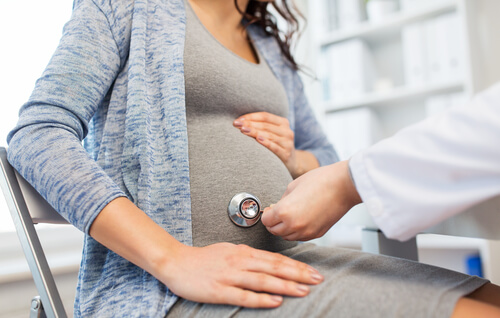 Studies have yet to reveal a strong link between maternal alcohol use and the development of cerebral palsy in children. While fetal alcohol syndrome encompasses conditions like cerebral palsy, this specific condition is still not common, even among mothers who consume large quantities of alcohol. A handful of studies with small data pools have reported some association between heavy alcohol consumption and cerebral palsy, but even those numbers are relatively minor, between 2 and 10 percent, and lack the scientific vigor necessary to draw a solid conclusion.
Studies have yet to reveal a strong link between maternal alcohol use and the development of cerebral palsy in children. While fetal alcohol syndrome encompasses conditions like cerebral palsy, this specific condition is still not common, even among mothers who consume large quantities of alcohol. A handful of studies with small data pools have reported some association between heavy alcohol consumption and cerebral palsy, but even those numbers are relatively minor, between 2 and 10 percent, and lack the scientific vigor necessary to draw a solid conclusion.
Maternal Risk Factors
Cerebral palsy is often the result of careless, negligent, or poorly trained physicians or hospital staff. However, there are some steps an expecting mother can also take to reduce a child’s risk of developing cerebral palsy. Limited alcohol consumption is not likely to cause cerebral palsy, but it still should be avoided. In fact, most toxins should be avoided during pregnancy, including alcohol, cigarette smoke, pesticides and poisons, and recreational drugs. Cigarette smoking can potentially lower the birth weight of a baby, which is another risk factor for cerebral palsy.
There are other seemingly harmless products one should avoid as well. They include:
Environmental agents that are outside of a mother’s control might also present risk factors to a baby, though such incidents are quite rare.
If you take any dietary supplements, use homeopathic treatments, or are using prescription drugs, you will need to review them with your doctor to ensure none of them pose a health risk to your baby.
Risk Factors Do Not Cause Cerebral Palsy
